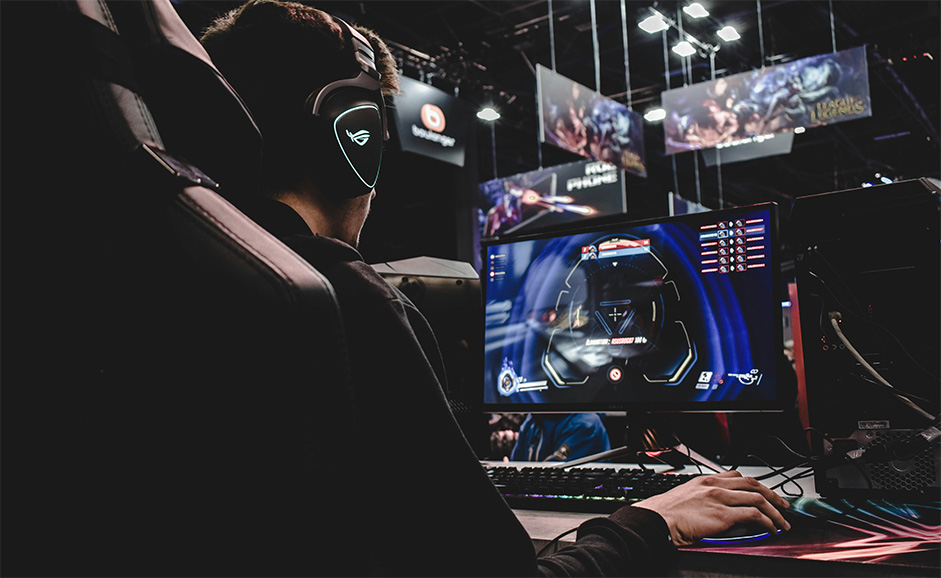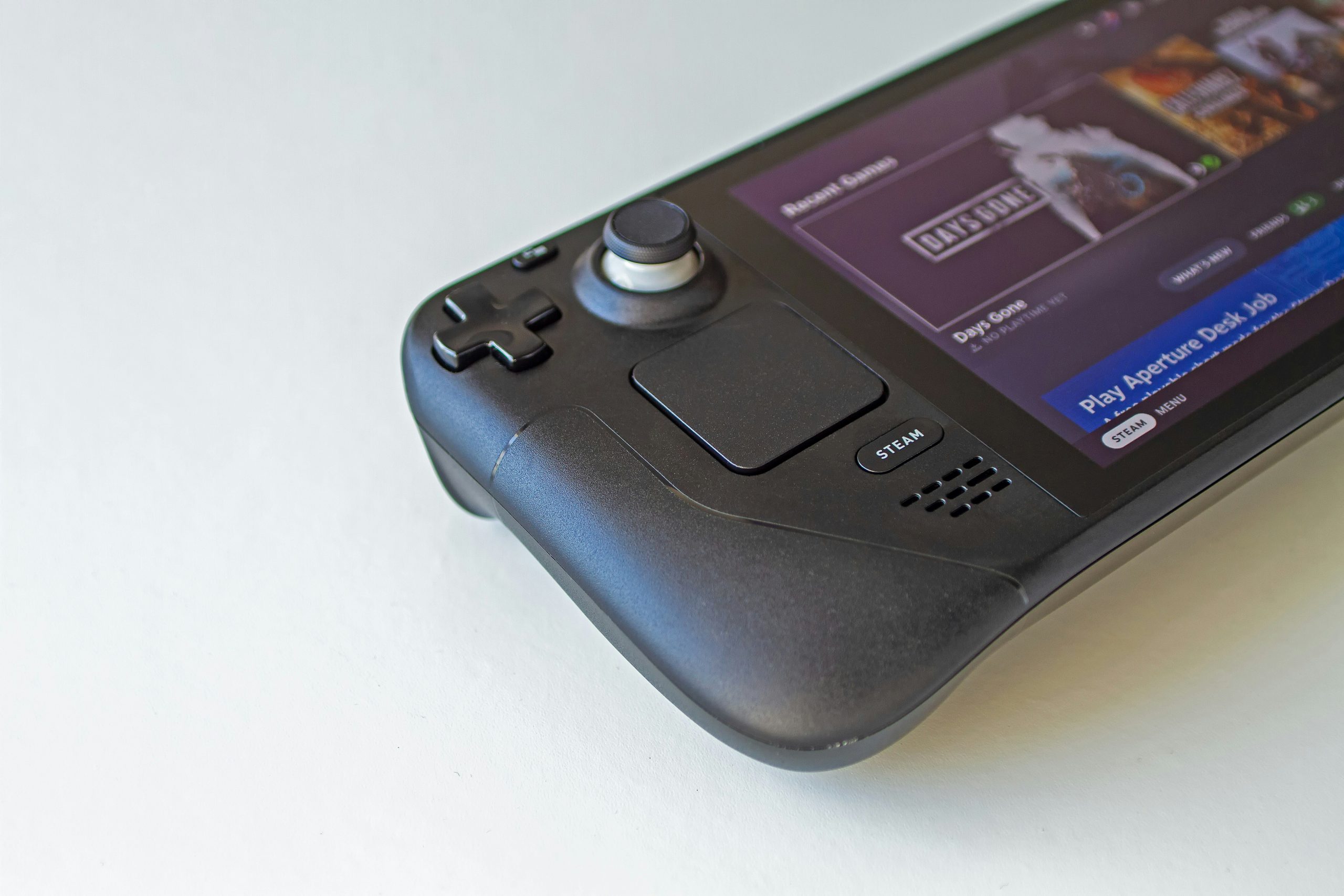AI and gaming: a winning combination for eSports

Gaming is a dynamic entity: its landscape is ever-evolving, its boundaries are ever-expanding, and at its heart, adding a futuristic angle, lies Artificial Intelligence. Not only is AI impacting the way we do business, but it is also transforming competitive gaming, giving it a fresh and uber-dynamic touch.
AI is less a tool and more a team member for competitive gamers. Its role is becoming increasingly decisive, offering strategic advantages to players and levelling up the overall gaming experience. This guide will explain how AI and competitive gaming correlate in today’s digital landscape.
Revolutionizing the player experience
Fortnite is a prime example of AI taking centre stage. The game’s dynamic and captivating environment owes its excellence to innovative game design, further elevated by the strategic infusion of AI. One of the exciting examples that players have explored could be outfits like «Fortnite Batman Who Laughs».
This character, inspired by DC Comics’ popular comic series, is a testament to the game’s rich visual experience and an example of how AI can enhance gaming aesthetics and user engagement. Backed by AI, the outfit helps interact and respond differently, offering a unique gaming experience every time the character plays. Features that players anticipate responsive and adaptive character behaviour thanks to AI, making each gameplay session distinctive and competitive.
Improving gameplay analysis
AI is now commonplace across competitive esports tournaments. Coupled with machine learning, AI analyzes vast gameplay data, such as in-game decisions, match statistics and player movements or behaviours.
This data can then be interpreted to find trends and patterns that opposing players and teams can use to find strengths and weaknesses. The market value of esports is increasing, adding to a highly competitive atmosphere in which players find themselves engulfed. With huge prizes and bragging rights, players need a competitive advantage to get ahead. The proliferation of AI, machine learning, and big data makes it possible for esports teams to adapt and thrive in a Web3 environment.
In other words, AI helps eSports teams create training and coaching tools, providing real-time recommendations and suggestions for players by analyzing in-game data. Ultimately, gamers have the power to become better players using machine learning models during their training. For example, if you’re training for an upcoming tournament, you can participate in training sessions and use AI to provide recommendations for improving your game.

Player performance evaluation
Imagine this — you’re preparing for an upcoming tournament and need a scouting report for the players you’ll be pitted against. Luckily, AI can help with this.
Artificial intelligence is processing tons of historical data to give you the complete picture of a player’s gaming profile, and eSports teams are using this data to create and optimize their in-game strategies.
AI even supports coaches to make informed decisions about player roles and roster decisions. With this data in hand, it can increase a team’s chances of success in competitive eSports tournaments.
AI-generated content to increase fan engagement
AI-generated content has generated a lot of buzz in recent years. However, this technology is more advanced now and includes the creation of highlight reels, commentary and post-game analysis. Large stadiums house AI-powered cameras to create unique angles and content that can be repurposed for social media, with these cameras regularly capturing the most exciting footage from a competitive game.
With this kind of content, teams can increase and improve their social media channels and engage their communities. Here is an excellent example by popular streamer Nickmercs, who uses AI tools to create short-form content for his YouTube channel. And taking a pro tip from him, we can elevate our content to the next level with voiceovers that keep your content fresh and exciting.
AI chatbots are another way to engage audiences during live esports broadcasts. How? During live-stream events, chatbots facilitate engaging in authentic conversations with viewers, provide real-time updates and answer questions. Moreover, AI chatbots also can create a sense of community for eSports events. For example, imagine that you host a tournament where you must show the teams’ win-loss records.
If fans asked a question to an AI chatbox, they would be able to receive an immediate answer based on whatever negative prompts you configure, boosting the creation of your own AI chatbots or using a turnkey, a white-label solution for easier customization.
Detect cheating
Aimbots and wall hacks are also some of the most common types of cheating in an eSports tournament. The good news is that AI detects anomalies and disruptions to ensure fair play. eSports organizations with a vested interest in protecting the integrity of their sports have taken several steps closer to that goal by leveraging AI and machine learning.
Gameplay simulations
Gamers aren’t the only ones who can use AI in esports. Game developers commonly use AI to generate gameplay simulations. These simulations can optimize esports games to create in-game mechanics that are enjoyable for all players. This type of continuous improvement creates an excellent experience for players and fans.
AI technology is making an impact across esports and competitive gaming for many reasons. First and foremost, this technology helps developers create innovative eSports games, and gamers receive the tools necessary to improve their skills and scout their opponents.
This technology will continue to improve in the realm of competitive gaming. From non-player characters to game guidance and immersive experiences, the future of AI and gaming is bright, with the video game industry jumping on the bandwagon.
Our guest writer, Brandon Lee, is a content marketing expert who helps businesses engage their audience with innovative narratives. Thank you, Brandon, for your insights!
Stay tuned!


